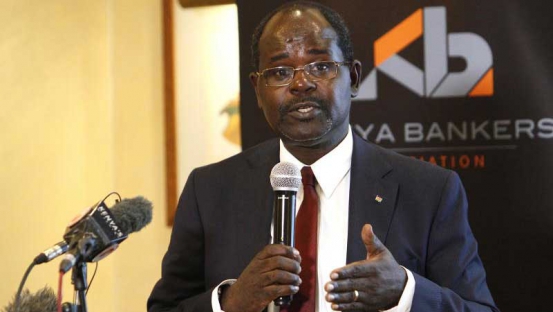×
The Standard e-Paper
Stay Informed, Even Offline

Customers who had applied for loans and received approval are racking up high commitment fees as they postpone making withdrawals because of the prevailing shaky business environment.
According to the banking sector’s lobby, Kenya Bankers Association (KBA), many banks are stuck with approved loans as customers employ a wait-and-see attitude ahead of next week’s repeat presidential election.